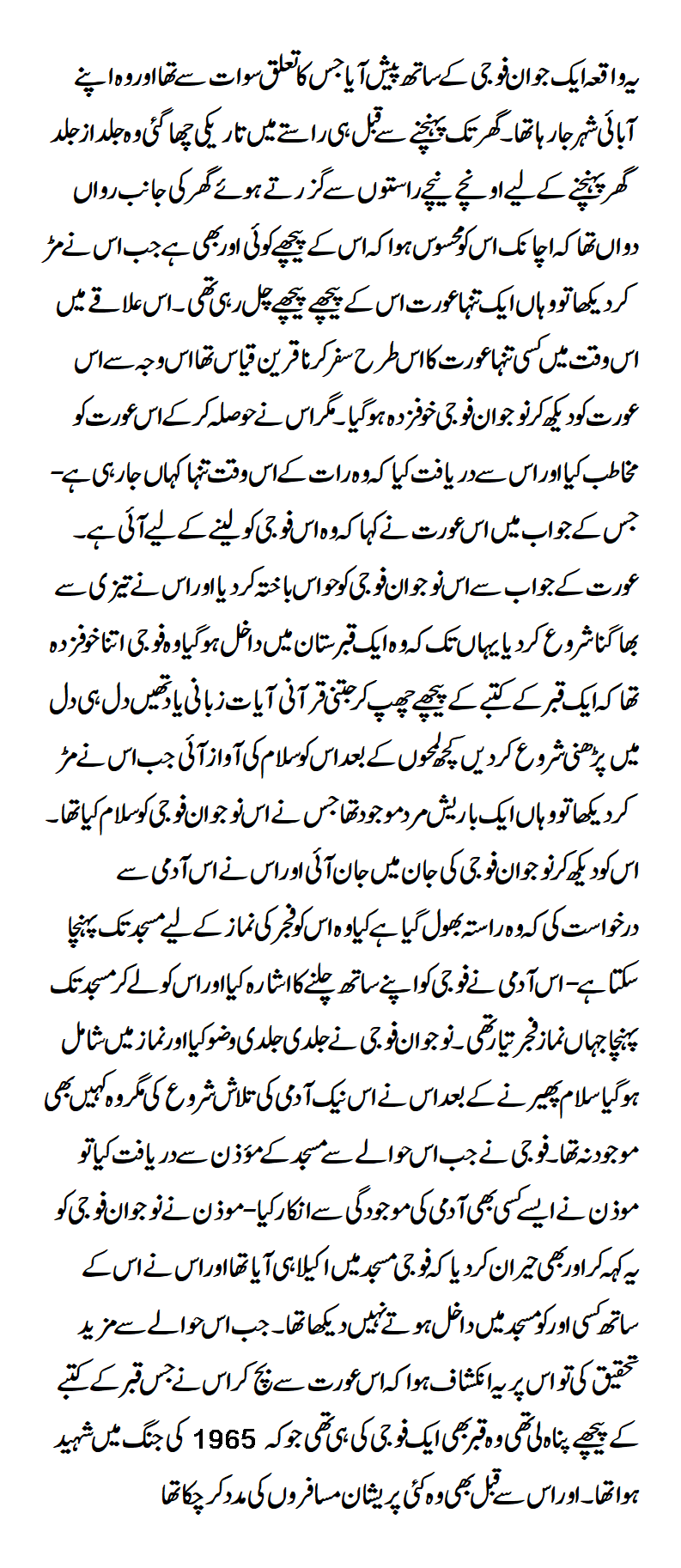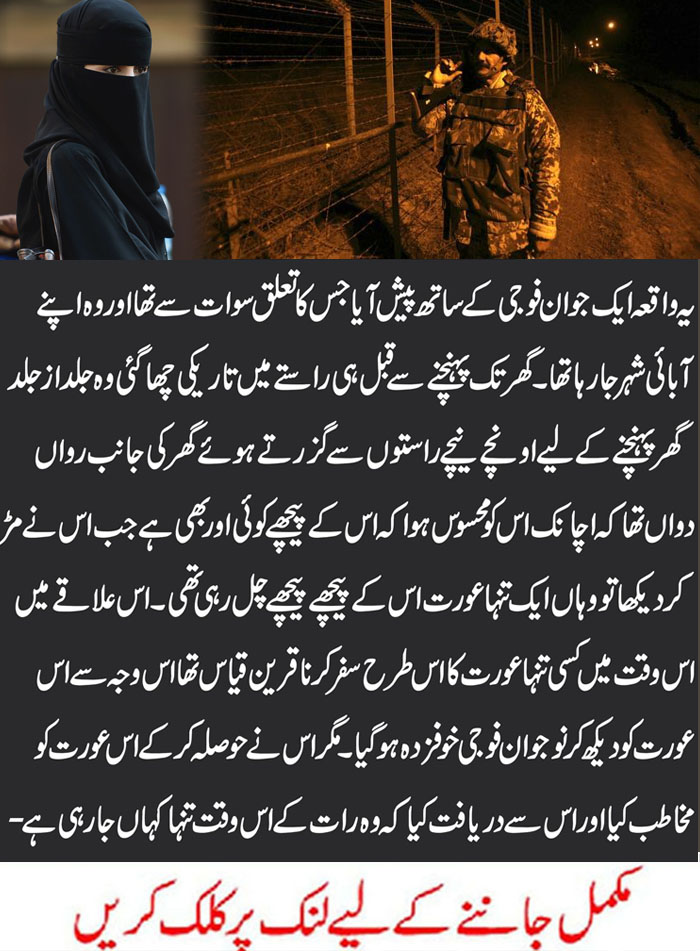When we think of warfare, children rarely come to mind. But while warfare has long been the domain of adults, juveniles have been present in armies in a number of instances in the past. For example, young pages armed the knights of the Middle Ages and drummer boys marched before Napoleonic armies. Child soldiers even fought in our own civil war, most notably when a unit of 247 Virginia Military Institute cadets fought with the Confederate Army in the battle of New Market (1864). More recently, U.S. forces fought against small numbers of underage Hitler Jugend (Hitler Youth) in the closing weeks of World War II.

However, these were the exceptions to what the rule used to be, that children had no place in war. Throughout the last four thousand years of war as we know it, children were never an integral, essential part of any military forces in history. But the rules of war have changed. The participation of children is now not a rarity, but instead a growing feature of war.
The practice of child soldiers is far more widespread, and more important, than most realize. There are as many as 300,000 children under the age of 18 presently serving as combatants around the globe. Their average age is just over 12 years old. The youngest ever was an armed 5 year old in Uganda. The youngest ever terrorist bomber a 7 year old in Colombia. Roughly 30% of the armed forces that employ child soldiers also include girl soldiers. Underage girls have been present in armed groups in 55 countries.
Children now serve in 40% of the world’s armed forces, rebel groups, and terrorist organizations and fight in almost 75% of the world’s conflicts; indeed, in the last five years, children have served as soldiers on every continent but Antarctica. An additional half million children serve in armed forces not presently at war. The children are often abducted to fight and participate in all the full horrors of war; indeed they are sometimes forced to carry out atrocities that adults shy away from
